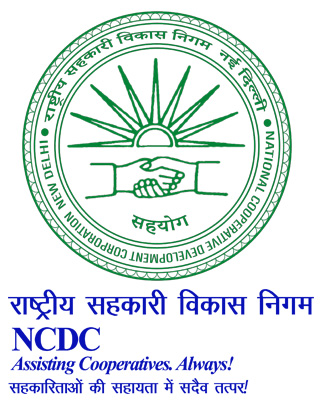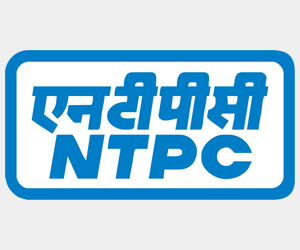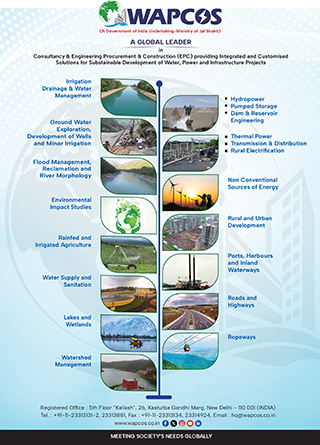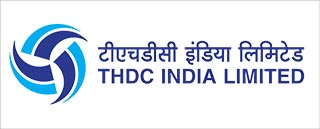whispers in the corridors


IAS Dibya Jyoti Parida belongs to 2016 batch Odisha cadre and is currently posted as Collector of Ganjam district, Odisha.
His Vision for the district focuses on strengthening healthcare facilities for pregnant women, enabling early identification of complications and ultimately reducing maternal and child mortality rates “Providing good diagnostic services, especially to pregnant mothers in rural settings, is essential. Many of them lack access to proper healthcare. One crucial service is ultrasound. If a pregnant woman doesn’t undergo at least three ultrasounds, it becomes difficult to detect problems faced by the baby or the mother. Unfortunately, these issues are often discovered,when it’s too late or complications arise, sometimes resulting in deaths,” he explained.
Under Parida’s leadership an initiative named ‘Nirakshan’ was launched, providing free ultrasound services to all pregnant women. “In my district, all pregnant women are now receiving free ultrasound services, and if required, up to 2-3 scans. This has significantly increased our identification of high-risk mothers, enabling us to make informed decisions, such as recommending cesarean deliveries or ensuring greater surveillance for such high-risk cases,” he shared
To ensure accessibility and overcome the challenges posed by the lack of medical infrastructure, the administration has partnered with private diagnostics centers. Additionally, the entire process has been automated and streamlined through a dedicated app. “Once a pregnant woman is identified, doctors send recommendations directly to the nearest ultrasound center via the app. These recommendations are then forwarded to the nearest ultrasound center, where the mother avails the facility. The centers then raise tickets through the app, and we remunerate them accordingly. This process is hassle-free and reduces corruption significantly,” Parida explained.
This initiative has reduced the pressure on public healthcare systems and detection of high-risk pregnancies has increased “Through this initiative, we have been able to get this part right. Now, every woman born in this district, including those in tribal and remote areas, can benefit from these services. Our vision for the district is to provide quality healthcare to women traditionally deprived of such services due to inadequate infrastructure and limited exposure," he said.

Send Feedback
- International Women’s Day celebrated at NLC India Ltd (UPDATED)
- Power Secretary visits GRIDCON 2025 (UPDATED)
- Power Minister inaugurates GRIDCON 2025 (UPDATED)
- 5 ICAS officers of 2021 batch promoted to JTS (UPDATED)
- THDC, CG Power Company Ltd sign MOU for 1400 MW Pumped Storage Project in CG (UPDATED)
- 13 IES officers promoted to JTS (UPDATED)
- Three IES officers get new postings (UPDATED)
- P Kavin Maharaj appointed as CVO, VO Chidambaranar Port Authority (UPDATED)
- Ms Mudgdha Kaur Jaggi appointed as Director, Pension (UPDATED)
- Transfer list of Delhi Police is ready, waiting for final approval (UPDATED)
- NMDC marks International Women's Day
- Ms Manju Meena appointed ADRM, Ahmedabad
- C Selvam appointed GM (Tracks), CMRL
- Sunil Gupta appointed Director (Operations & Commercial), KRCL
- Strategic Leadership Prog for 45th IRS batch rescheduled Strategic
- Last date for Inspector in Secretariat Security Force, MHA extended
- Addl GM (Mech) for RITES Gurgaon sought
- Three Accounts officers for Rural Ministry required
- MEA advertises for Consultants in CCCS
- RAC seeks Chairperson
- Four members of SCS of Arunachal promoted as IAS
- Arunima De appointed as Sr Special Secretary, PWD in W Bengal
- Two IPS officers get new posting in Rajasthan
- Coal & Lignite PSUs achieving additional carbon sink
- UPSC announces recruitment results for January month
- Dr G Poojitha appointed as Addl PS to MoS for Home
- Anand Shah promoted to PrCC-CIT grade
- J&K, Ladakh HC gets three Judges
- Joymalya Bagchi appointed as Judge of Supreme Court
- Sunil Tandon led company gets bullet train starting point contract
- 'Navratna' PSUs have only three women on Boards
- Gujarat facing severe crunch of IAS and IPS officers
- Search for new Chairman, ONGC begins
- Will this IAS join politics after VR?
- IRDAI Chief Debashish panda unlikely to get extension
- Will Santhi Kumari be new Chairman of TGPSC?
- A couple of vacancies of Chief Justice in State High Courts




































